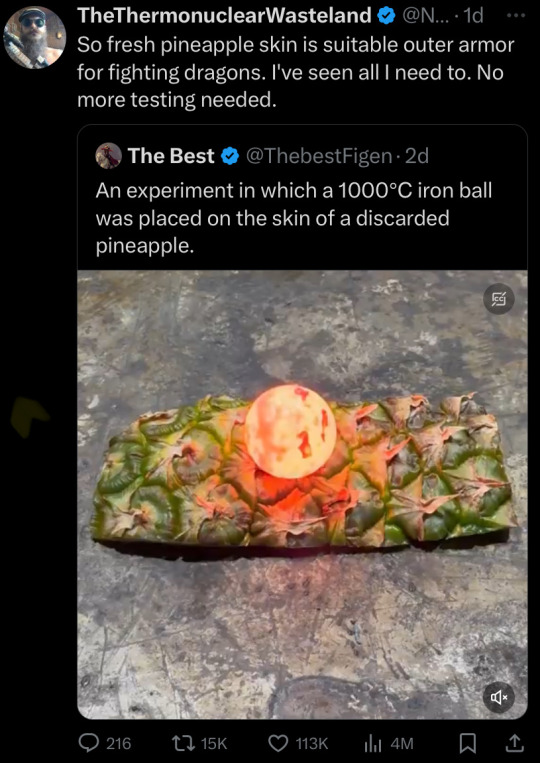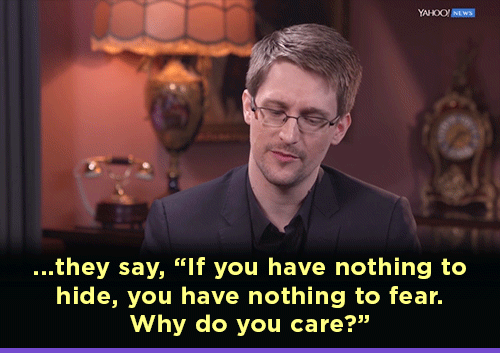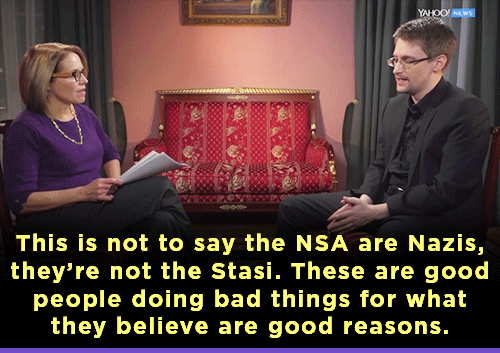Text
Twilight Princess isn’t technically a horror game, and there’s a certain schmaltziness to its mid-2000s mall goth aesthetic. Still, Twilight Princess was the first video game I encountered that implied the hero is a murderer, and its strange and unsettling cutscenes serve as puzzle pieces that form a fragmented picture of Hyrule’s hidden history of prejudice, war, and genocide.
When Link confronts Ganondorf at the end of the game, Ganondorf meets his challenge with bitter irony and issues a warning – the cycle of bloodshed cannot be ended with violence. Link kills him anyway, and the cruelty of this act convinces Midna that it’s impossible for her to remain in Hyrule as an ethnic minority.
All of this went over my head when I first played Twilight Princess as a kid, but it really messed me up when I returned to the game as an adult. I’m still haunted by the dread that came from the realization that the fun desert dungeon where Link gets the cool spinner item is a mass graveyard.
1K notes
·
View notes
Text
I can understand how "modern person thrown into the past gets by pretending to be a healer/doctor" is as surprisingly common of a trope as it is. I mean I'm fluent enough at bullshitting to be pretty sure I could pull it off to impersonate a doctor in any time pre-1800s. If I have no idea what something is or how to treat it, I could just get the opinion of the other whatever-passes-as-medical-professionals around, but if their suggestions sound like bullshit I'm not doing it. And I'll beat the shit out of anyone suggesting bloodletting or mercury. With my healing stick. I've tied little bells on it, that jingle comically with every smack.
The awesome curative powers of my healing stick come from two separate sources: Placebo, and me using it to beat anyone trying to give my patients mercury.
33K notes
·
View notes
Text

aauuauauuuhahauaauhahHh euehhgah gweyeyhhhhhahhh nnnhnmnggjannm
89K notes
·
View notes
Text


fjorn as a woodwarder! teaching his little apprentice
761 notes
·
View notes
Text
can’t stop smiling in inappropriate situations
120K notes
·
View notes
Text
i feel like the knowledge that there are some medical databases with free-to-use 3D scans of various human organs available for 3D printing would have drastically reduced tumblrs amount of bone stealing scandals. plus you can make ones that glow in the dark.


look at my glow in the dark humerus boy
65K notes
·
View notes
Text
I've been reading Iron Flame by Rebecca Yarros, and it's gotten me thinking about how worldbuilding is multilayered, and about how a failure of one layer of the worldbuilding can negatively impact the book, even if the other layers of the worldbuilding work.
I don't want to spoil the book for anyone, so I'm going to talk about it more broadly instead. In my day job, one of the things I do is planning/plan development, and we talk about plans broadly as strategic, operational, and tactical. I think, in many ways, worldbuilding functions the same way.
Strategic worldbuilding, as I think of it, is how the world as a whole works. It's that vampires exist and broadly how vampires exist and interact with the world, unrelated to the characters or (sometimes) to the organizations that the characters are part of. It's the ongoing war between Earth and Mars; it's the fact that every left-handed person woke up with magic 35 years ago; it's Victorian-era London except every twelfth day it rains frogs. It's the world, in the broadest sense.
Operational worldbuilding is the organizations--the stuff that people as a whole are doing/have made within the context of that strategic-level world. For The Hunger Games, I'd probably put the post-apocalyptic nature of the world and even the existence/structure of the districts as the strategic level and the construct of the Hunger Games as the operational level: the post-apocalyptic nature of the world and the districts are the overall world that they live in, and the Hunger Games are the construct that were created as a response.
Tactical worldbuilding is, in my mind, character building--and, specifically, how the characters (especially but not exclusively the main characters) exist within the context of the world. In The Hunger Games, Katniss has experience in hunting, foraging, wilderness survival, etc. because of the context of the world that she grew up in (post-apocalyptic, district structure, Hunger Games, etc.). This sort of worldbuilding, to me, isn't about the personality part of the characterization but about the context of the character.
Each one of these layers can fail independently, even if the other ones succeed. When I think of an operational worldbuilding failure, I think of Divergent, where they took a post-apocalyptic world and set up an orgnaizational structure that didn't make any sense, where people are prescribed to like 6 jobs that don't in any way cover what's required to run a modern civilization--or even to run the society that they're shown as running. The society that they present can't exist as written in the world that they're presented as existing in--or if they can, I never could figure out how when reading the book (or watching the film).
So operational worldbuilding failures can happen when the organizations or societies that are presented don't seem like they could function in the context that they are presented in or when they just don't make any sense for what they are trying to accomplish. If the story can't reasonably answer why is this organization built this way or why do they do what they do then I see it as an organizational worldbuilding failure.
For tactical worldbuilding failures, I think of stories where characters have skillsets that conveniently match up with what they need to solve the problems of the plot but don't actually match their background or experience. If Katniss had been from an urban area and never set foot in a forest, it wouldn't have worked to have her as she was.
In this way (as in planning), the tactical level should align with the operational level which should align with the strategic level--you should be able to trace from one to the next and understand how things exist in the context of each other.
For that reason, strategic worldbuilding failures are the vaguest to explain, but I think of them like this: if it either 1) is so internally inconsistent that it starts to fall apart or 2) leaves the reader going this doesn't make any sense at all then it's probably failed.
2K notes
·
View notes














